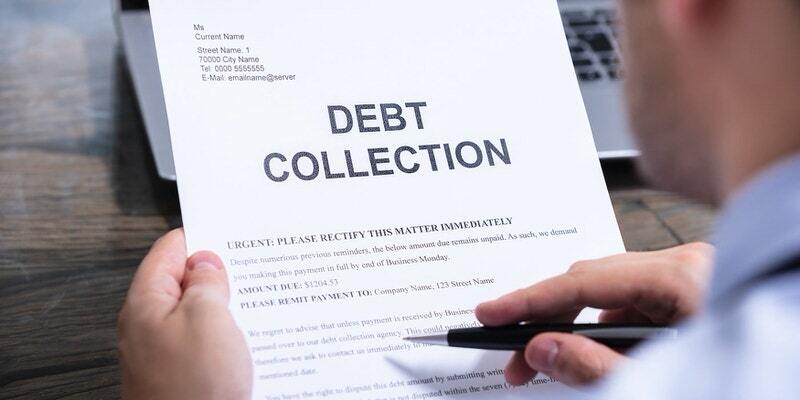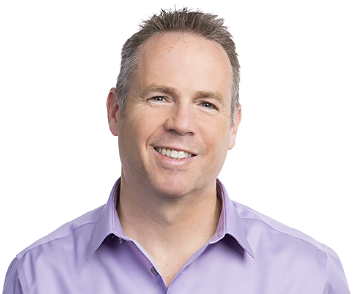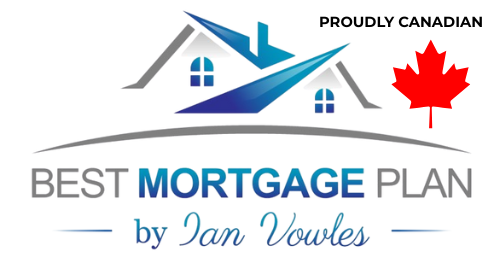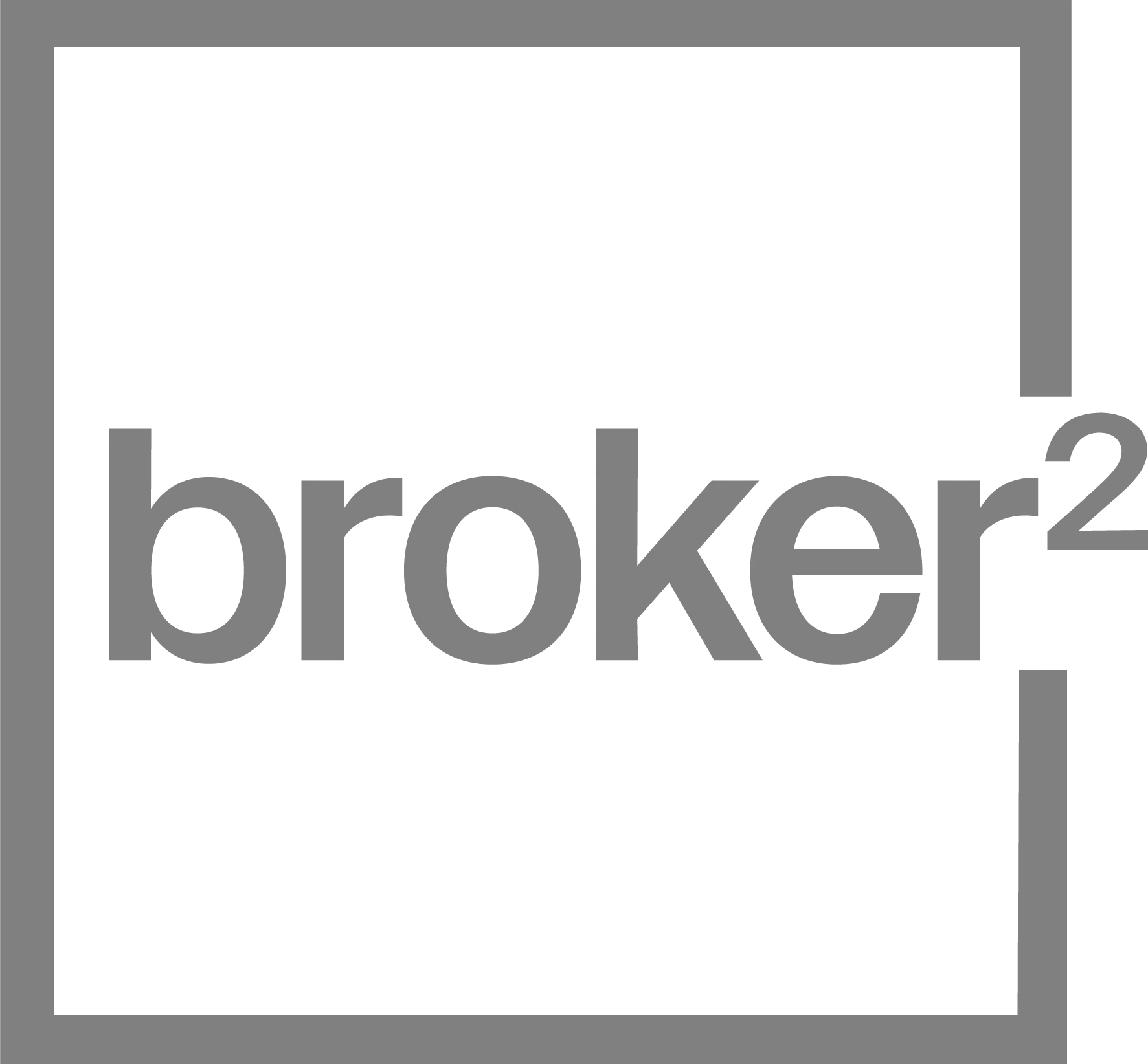Will Collections Impact Your Mortgage?

A question that comes up from time to time when discussing mortgage financing is, “If I have collections showing on my credit bureau, will that impact my ability to get a mortgage?” The answer might have a broader implication than what you might think; let's spend a little time discussing it.
Collections accounts are reported on your credit bureau when you have a debt that hasn’t been paid as agreed. Now, regardless of the reason for the collection; the collection is a result of delinquency, it’s an account you didn’t realize was in collections, or even if it’s a choice not to pay something because of moral reasons, all open collections will negatively impact your ability to secure new mortgage financing.
Delinquency
If you’re really late on paying on a loan, credit card, line of credit, or mortgage, and the lender has sent that account to collections, as they consider it a bad debt, this will certainly impact your ability to get new mortgage financing. Look at it this way, why would any lender want to extend new credit to you when you have a known history of not paying your existing debts as agreed?
If you happen to be late on your payments and the collection agencies are calling, the best plan would be to deal with the issue head-on. Settle the debts as quickly as possible and work towards establishing your credit. Very few (if any) lenders will even consider your mortgage application with open collections showing on your credit report.
If you’re unaware of bad debts
It happens a lot more than you’d think; people applying for a mortgage are completely unaware that they have delinquent accounts on their credit report. A common reason for this is that collection agencies are hired simply because the lender can’t reach someone.
Here’s an example. Let’s say you’re moving from one province to another for work, you pay the outstanding balance on your utility accounts, change your phone number, and make the move. And while you think you’ve paid the final amount owing, they read your meter, and there is $32 outstanding on your bill. As the utility company has no way of tracking you down, they send that amount to an agency that registers it on your credit report. You don't know any of this has happened and certainly would have paid the amount had you known it was due.
Alternatively, with over 20% of credit reports containing some level of inaccuracy, mistakes happen. If you’ve had collections in the past, there’s a chance they might be reporting inaccurately, even if it's been paid out.
So as far as your mortgage is concerned, it really doesn’t matter if the collection is a reporting error or a valid collection that you weren’t aware of. If it’s on your credit report, it’s your responsibility to prove it’s been remediated. Most lenders will accept documentation proving the account has been paid and won’t require those changes to reflect on your credit report before proceeding with a mortgage application.
So how do you know if you’ve got mistakes on your credit report? Well, you can either access your credit reports on your own or talk with an independent mortgage advisor to put together a mortgage preapproval. The preapproval process will uncover any issues holding you back. If there are any collections on your bureau, you can implement a plan to fix the problem before applying for a mortgage.
Moral Collections
What if you have purposefully chosen not to pay a collection, fine, bill, or debt for moral reasons? Or what if that account is sitting as an unpaid collection on your credit report because you dispute the subject matter?
Here are a few examples.
- A disputed phone or utility bill
- Unpaid alimony or child support
- Unpaid collections for traffic tickets
- Unpaid collections for COVID-19 fines
The truth is, lenders don’t care what the collection is for; they just want to see that you’ve dealt with it. They will be reluctant to extend new mortgage financing while you have an active collection reporting on your bureau.
So if you decide to take a moral stand on not paying a collection, please know that you run the risk of having that moral decision impact your ability to secure a mortgage in the future.
If you have any questions about this or anything else mortgage-related, please connect anytime! It would be a pleasure to work with you!
IAN VOWLES





